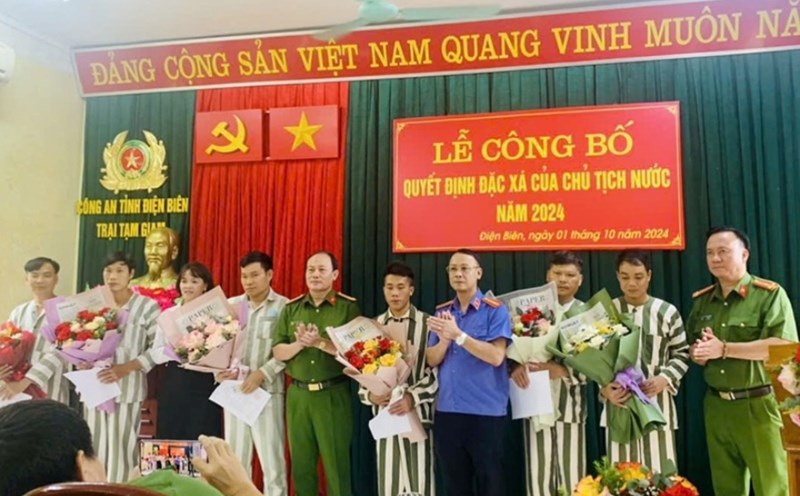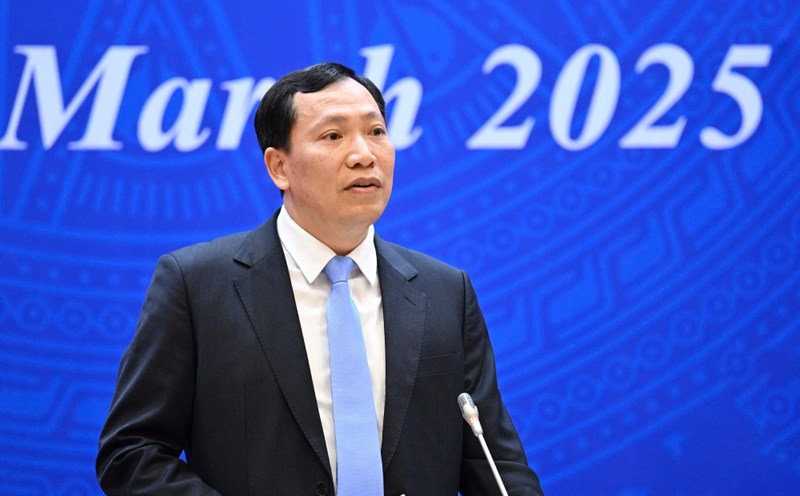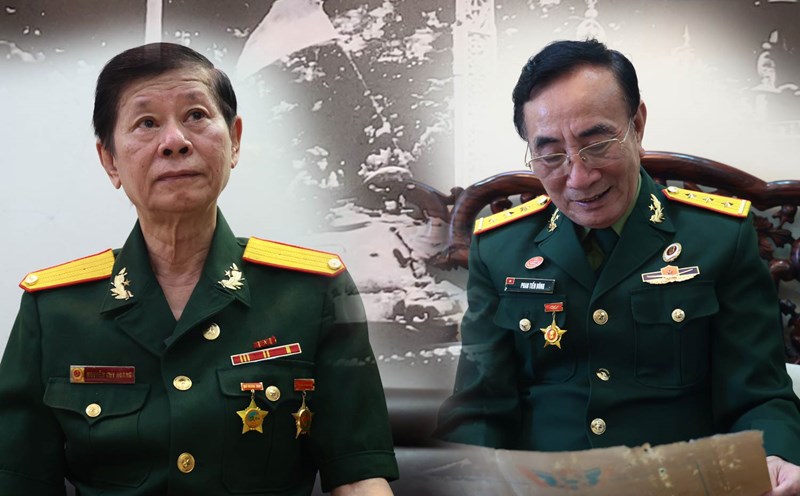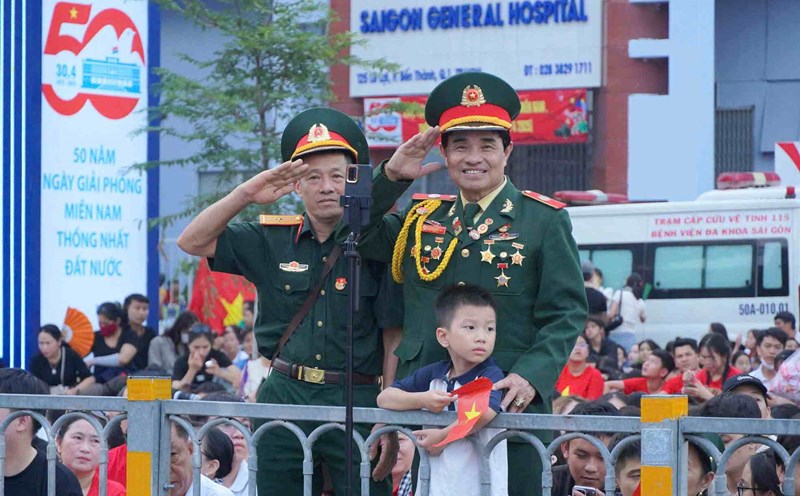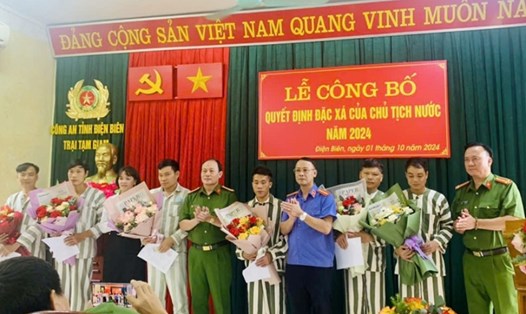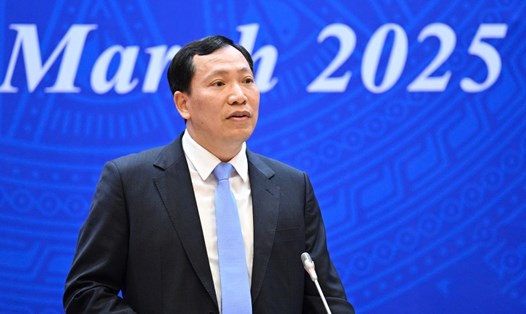On April 24, at the Government Headquarters, Member of the Politburo, Permanent Deputy Prime Minister Nguyen Hoa Binh - Chairman of the Special Amnesty Advisory Council in 2025, chaired the Special Amnesty Advisory Council meeting in 2025 to review the dossier and list of special amnesty proposals in 2025 on the occasion of the 50th anniversary of the liberation of the South and the reunification of the country.
After this meeting, the Council will compile and submit to the President a list of prisoners eligible for amnesty for consideration and decision.
Speaking at the meeting, the Permanent Deputy Prime Minister emphasized that amnesty is a special leniency of the State decided by the President to release prisoners from prison early, sentenced to a term of imprisonment, imprisoned with relatives for important events, major national holidays, or in special cases.
The law shows strictness towards criminals; resolutely punishes leaders, opponents, and dangerous criminals severely.
At the same time, it is also lenient and lenient towards criminals who are sincere, meritorious in their crimes, repent and create all favorable conditions for them to correct their mistakes, refund their salaries, return to normal life, and contribute to society.

Implementing the Party's policy, the National Assembly has issued the Special pardon Law and since 2009, has conducted 10 amnesty sessions for a large number of prisoners. Although the number of people granted amnesty is large, the political security situation and social order and safety are still guaranteed, there are no complications caused by the amnesty recipients.
Most of the people granted amnesty return to their place of residence to have a stable life and work honestly. The rate of people granted amnesty for re-offending is quite low. The amnesty work ensures political, legal, professional and foreign affairs requirements, and is widely supported and appreciated by the people.
According to the Permanent Deputy Prime Minister, in this amnesty, although the time is not too long, while the number of records is very large, relevant ministries and branches have urgently directed, ensuring that amnesty work is carried out closely, transparently, and in accordance with the provisions of law.
The consideration of the proposal must ensure strictness, compliance with the law, and meet the political and professional requirements and set goals.
"I suggest focusing on reviewing, reviewing, researching, and evaluating carefully, being very fair, objective, and cautious for each specific case, closely following the conditions and standards set out in the special pardon Law and the President's decision," the Permanent Deputy Prime Minister emphasized.
From 2009 to present, the President has signed an amnesty decision 10 times for nearly 100,000 prisoners who have undergone reform, worked, and studied well to return to their families and communities to work as citizens of good value to society.
Most of the people who were granted amnesty and returned have quickly reintegrated into the community, had a stable life and worked honestly. Many of them have become successful businessmen or actively participate in local social activities, the rate of people granted amnesty for recidivism is very low (in the amnesty in 2024, up to now, only 5 out of a total of 3,763 people were granted amnesty for recidivism, accounting for 0.13%). )


